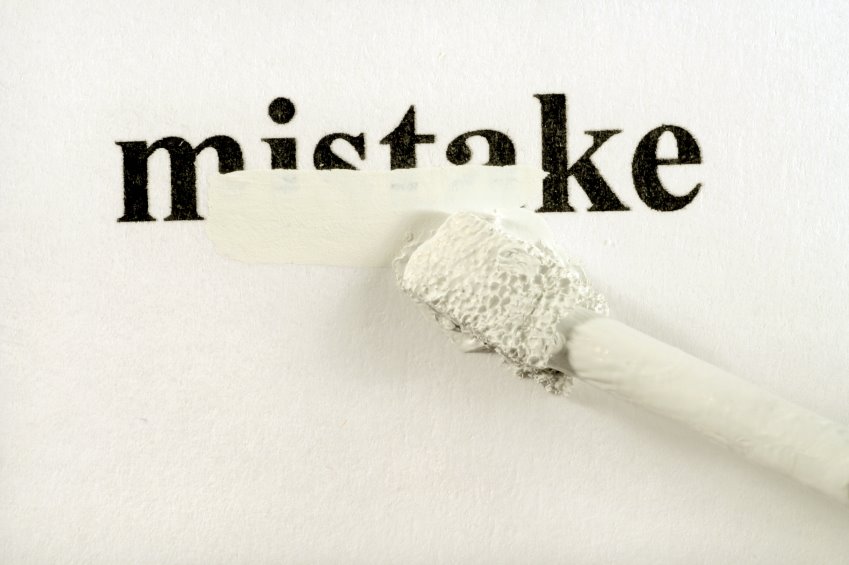
I have to admit, I was skeptical when I read about some of the time management gurus stressing you needed to have a physical inbox. OK, no problem, most people do have one in their office.
But when David Allen, who is known as a personal productivity guru, stressed you needed to have one in your house, I wondered what the point was.
I tried it out. It is amazing. One place to collect all your hard-copy "inputs." By the way, my wife loves it also ... If some of my mail, a magazine article I tore out, receipts, bills, etc. are lying around the house, she throws them right into my inbox. If one critical (first) part of an organization system is "collection" of inputs, then an inbox is crucial. You need ONE place for such collection, not many places.
By the way, I bought her an inbox earlier this year, and like her with me, I probably throw more things in there than she does. It is a quick way to clean up miscellaneous items lying around the house.
OK, so the next step might be "processing" those inputs and by looking at some people's physical office inboxes that are out of control, that presents its own challenge. However, just to start at the collection phase: seemingly a small thing, an inbox at home -- it still is an empowering organizational and decluttering tool.
"If you do not have an inbox at home, your HOUSE is your inbox." - David Allen
But when David Allen, who is known as a personal productivity guru, stressed you needed to have one in your house, I wondered what the point was.
I tried it out. It is amazing. One place to collect all your hard-copy "inputs." By the way, my wife loves it also ... If some of my mail, a magazine article I tore out, receipts, bills, etc. are lying around the house, she throws them right into my inbox. If one critical (first) part of an organization system is "collection" of inputs, then an inbox is crucial. You need ONE place for such collection, not many places.
By the way, I bought her an inbox earlier this year, and like her with me, I probably throw more things in there than she does. It is a quick way to clean up miscellaneous items lying around the house.
OK, so the next step might be "processing" those inputs and by looking at some people's physical office inboxes that are out of control, that presents its own challenge. However, just to start at the collection phase: seemingly a small thing, an inbox at home -- it still is an empowering organizational and decluttering tool.
"If you do not have an inbox at home, your HOUSE is your inbox." - David Allen








